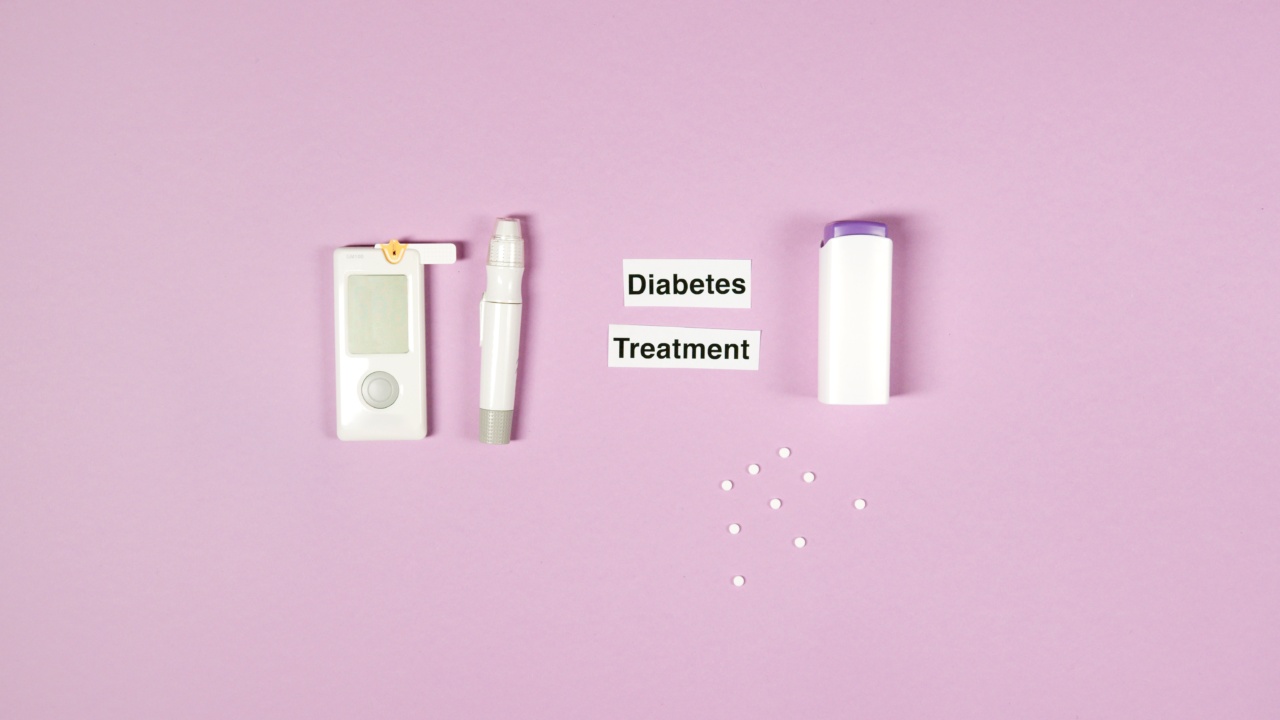Being diagnosed with diabetes can be a life-changing experience. It can be overwhelming to understand the consequences of the disease and how to manage it. But there is hope for every diabetic, no matter how severe the case may be.
With the right lifestyle changes, medication, and support, a person with diabetes can live a long and healthy life.
What is Diabetes?
Diabetes is a chronic disease that affects the way the body processes glucose, a type of sugar that comes from the food we eat. There are two types of diabetes:.
Type 1 Diabetes
Type 1 diabetes, also known as juvenile diabetes, typically develops in childhood or adolescence. It occurs when the body is unable to produce insulin, a hormone that regulates blood sugar levels.
People with type 1 diabetes need to rely on insulin injections or an insulin pump to manage their blood sugar levels.
Type 2 Diabetes
Type 2 diabetes, which is more common, occurs when the body is unable to use insulin effectively. This is called insulin resistance. Over time, the body may not be able to produce enough insulin to maintain normal blood sugar levels.
Type 2 diabetes can be managed with lifestyle changes such as diet and exercise, oral medications, and possibly insulin injections.
How Can Diabetes be Managed?
Diabetes cannot be cured, but it can be managed with a combination of medication and lifestyle changes. The goal is to keep blood sugar levels as close to normal as possible. Here are some strategies for managing diabetes:.
1. Healthy Eating
A healthy diet is key to managing diabetes. A diet that is low in carbohydrates and rich in protein and fiber can help regulate blood sugar levels. Foods to avoid or limit include sugary drinks, processed foods, and foods high in saturated fat.
Instead, choose foods such as lean protein, fruits and vegetables, whole grains, and healthy fats such as olive oil.
2. Exercise
Physical activity is important for diabetes management. Regular exercise can help lower blood sugar levels, improve overall health, and reduce the risk of heart disease. Aim for at least 30 minutes of moderate-intensity exercise five days per week.
Activities such as walking, cycling, and swimming are good choices.
3. Medication
Medication is often necessary to manage diabetes. Oral medications such as metformin, sulfonylureas, and DPP-4 inhibitors can lower blood sugar levels. Some people may need insulin injections or an insulin pump to manage their blood sugar levels.
It’s important to take medication as prescribed by a healthcare provider.
4. Continuous Glucose Monitoring (CGM)
For some people with diabetes, continuous glucose monitoring (CGM) can be a useful tool to manage blood sugar levels. CGM devices measure glucose levels in the fluid between cells.
This can help people with diabetes understand how their body responds to various foods, exercise, and medication. CGM devices can also provide alerts when blood sugar levels are too high or too low.
5. Health Education and Support
Hospital-based diabetes education programs and support groups can provide people with diabetes with the resources and support they need to manage the disease.
Diabetes self-management education (DSME) programs teach people with diabetes how to manage their condition and make lifestyle changes. Support groups can provide emotional support and a sense of community for people with diabetes.
Conclusion
Diabetes can be a challenging disease to manage, but there is hope for every diabetic. With the right lifestyle changes, medication, and support, people with diabetes can live a healthy and fulfilling life.
If you or someone you love has been diagnosed with diabetes, talk to a healthcare provider about strategies for managing the disease.





























